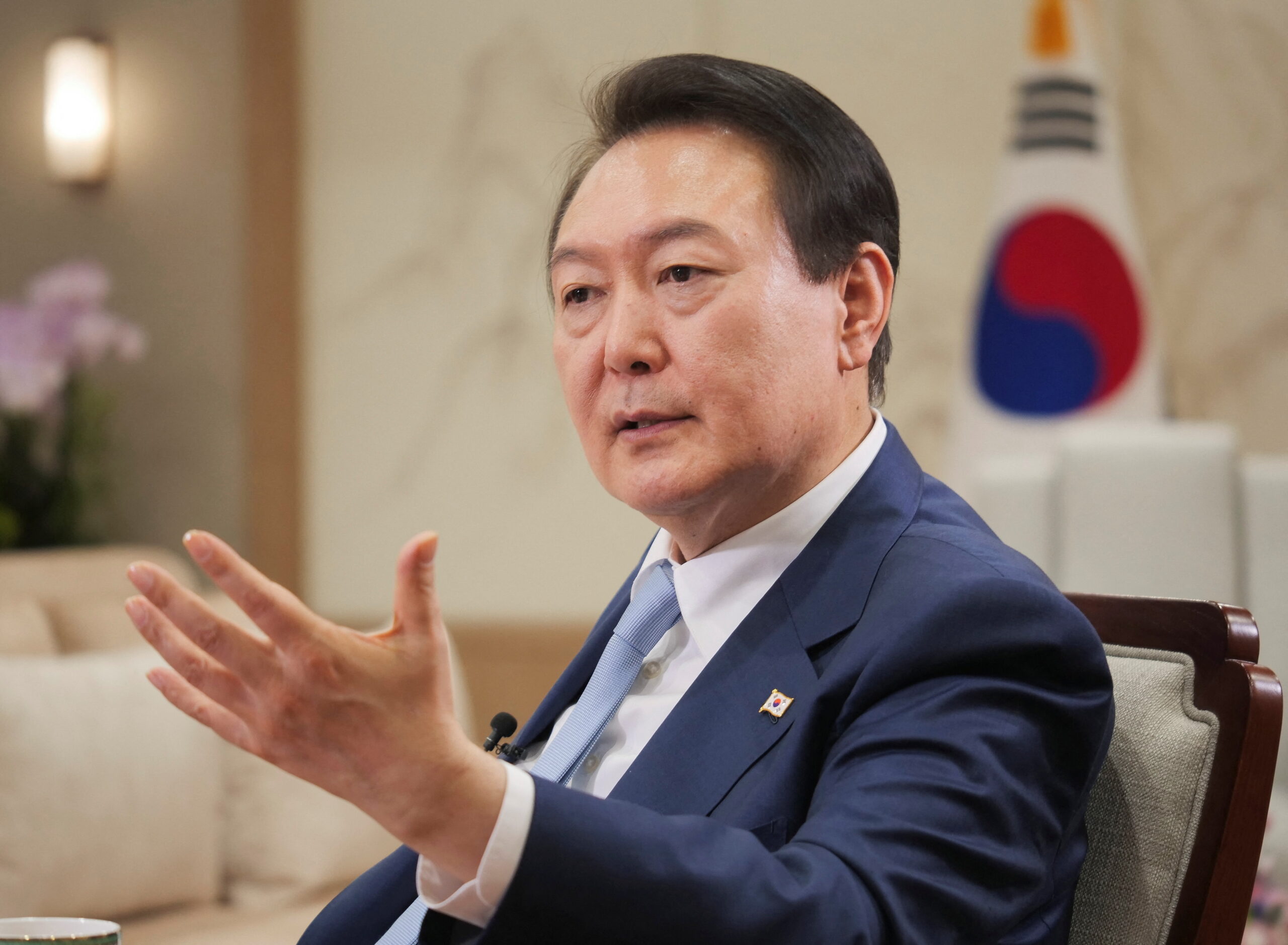South Korea’s Enduring Restraint Toward China
When South Korean President Yoon Suk-yeol was elected in March of last year, many observers saw a China hawk in the making, anticipating that he would abandon the Moon Jae-in administration’s cautious China policy and side closely with Washington to stand against Beijing. Indeed, Yoon’s tough pre-election comments on China, his commitment to deepening security ties with the United States, the strong pro-U.S. sentiment embedded in South Korean right-wing ideology, and the populist temptation to engage in anti-China politics all seemed to make a hardline turn possible.
But nine months into his term, Yoon looks far from a China hawk.
As South Korea walked a fine line between the United States and China in the face of their growing hostility, there were several controversial issues where Seoul sought to tread carefully and maintained a gray stance in recent years. Even under the Yoon administration, South Korea’s position on these issues has not changed much.
One obvious case is the dispute with Beijing over regional missile defense. Seoul walked back Yoon’s election pledge to deploy additional U.S. Terminal High Altitude Area Defense (THAAD) anti-missile batteries on South Korean soil. Beijing perceived the initial THAAD deployment in 2017 as alliance collusion to weaken its missile capabilities and retaliated by boycotting South Korean goods. Hosting more THAAD batteries would push South Korea deeper into the China-U.S. crossfire, and this risk might have led Seoul to think twice.
Read the full piece in The Diplomat.
